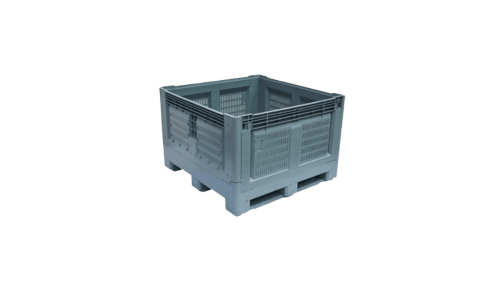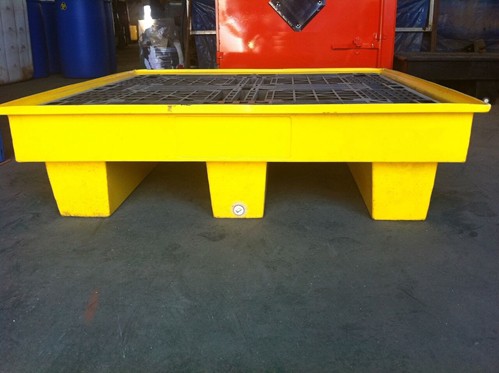Increased global communications, international trade and internet shopping have made an effective shipping industry essential to modern life, but what is the cost to our environment?
The United Nations aims to cut toxic emissions in half by 2050.
The shipping industry has an uncomfortable and long history of environmental damage. Maritime transportation currently contributes 2.5 per cent of global greenhouse gas emissions, according to the International Maritime Organisation‘s (IMO) third GHG study. This figure is expected to increase by up to 250 per cent by 2050.
Fortunately the global community is waking up to the damage gas emissions are causing, and as a member of the United Nations, Australia is committed to helping the industry reach its bold new emissions targets. So what are these targets and how can they be achieved to make a cleaner, more sustainable future for shipping?
What are the targets?
As of April 2018 the United Nations’ IMO is pursuing bold new targets for cutting greenhouse gas emissions with the aim of totally eliminating them within the century. The specific targets for the shipping industry are:
- Reduce sulphur emissions by 3 per cent over the next two years.
- Cut 2008 recorded greenhouse gas emissions by 50 per cent by 2050.
- Limit the approved amount of sulphur contained in ship fuel oil to 0.5 per cent, from its current levels of 3.5 per cent, as of January 1, 2020.
Australia is bound to comply with these challenging new targets as a member of the United Nations, and the stakes are high. Failure to comply could disrupt the hefty contribution the industry makes to Australia’s GDP- a contribution estimated at $9 billion by the Australian Maritime Industry.Shipping also employs almost 31,000 people and provides over $900 million to taxation revenue.


Why the urgency?
Harsh as the targets may seem, there is a very pertinent cause that drives them. That is quite simply the health and wellbeing of the worldwide community and particularly those that live close to ports. Air pollution from ships containing sulphur in their fuel results in a huge amount of particulate pollution that, when inhaled, causes a variety of life threatening diseases.
A 2016 study submitted to the IMO by Finland in 2016 concluded that failure to limit shipping emissions would result in more than 570,000 premature deaths worldwide between 2020-2025. As a largely port based country, these health concerns relate directly to Australia’s population.
“We found in Sydney that in one year about 220 years of life would be lost in the whole population [due to particulates],” reports Dr Richard Broome to ABC news, director of Sydney Health Observatory and co-author of The Mortality Effect of Ship-related Fine Particulate Matter in Sydney.


What are the options?
Adhering to these targets is going to be a tough but necessary ask for Australian shipping, so what are the strategies on offer for achieving them?
- Switching to more expensive maritime gas oil or diesel oil fuels in place of the cheaper, dirtier options currently in use. These fuels have the advantage that they can be used in existing ship engines.
- Installing scrubbers or exhaust gas cleaning systems on ships to filter exhaust fumes.
- Move towards liquefied natural gas (LNG) fuels, which can reduce both sulphur oxide and particulate outputs to almost nothing whilst severely limiting nitrogen oxide and carbon dioxide.
- Switch to biofuel technology.
If you’re interested in creating more sustainable shipping industry why not look into a pallet solution that matches your drive for emissions targets? Plastic pallets are lightweight, easily stackable and allow for greater utilisation of shipping space for a more streamlined process. Get in touch with the Eco Pallets team today for more information.









Comments are closed.